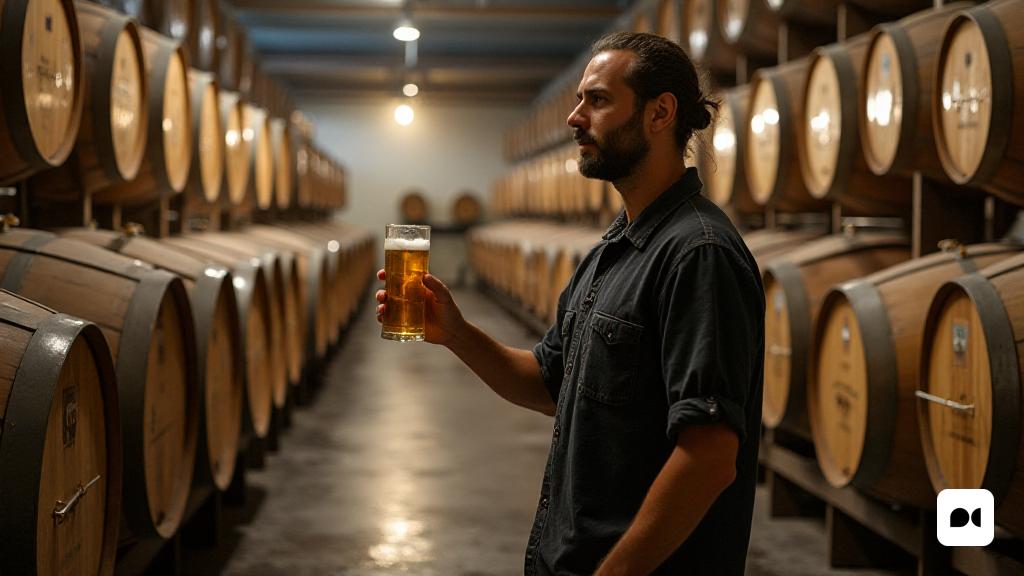Reflecting on the Universal Forum of Cultures
Two decades ago, Barcelona dressed up to host an ambitious event designed to promote cultural diversity and coexistence. With an investment of 3 billion euros, the Universal Forum of Cultures was presented as a catalyst for the social and cultural transformation of the city. At the time, the ideals of freedom, dialogue and cultural diversity were proclaimed as the foundations of a new era.
Criticism and Unmet Expectations
Despite initial optimism, critical voices soon emerged. Some argued that the forum failed to address the real challenges facing immigrant communities, and that, paradoxically, the very organizations that organized the event were responsible for policies that hindered legal immigration. This raised concerns about the forum’s genuine intent and whether it was truly contributing to harmonious coexistence.
Evolution of Cultural Identity in Barcelona
Today, Barcelona is a living example of a multicultural society. Approximately 49% of newborns come from families with roots outside Catalonia, reflecting a significant change in the city’s demographics. However, this cultural diversity raises questions about Catalan identity and how different cultures can be integrated without losing their own essence.
Innovations in Celebrations and Traditions
Barcelona recently decided to replace the traditional Nativity scene in Plaça Sant Jaume with a sculpture called ‘Origen’, which symbolizes the connection between nature and the universe. This controversial decision is part of a broader effort to adapt traditions to an increasingly diverse society, where traditional religious celebrations may not resonate with all its inhabitants.
A Necessary Dialogue on Identity
In this context of change, it is crucial to open a debate on cultural identity. The voices that demand that migrants should not renounce their roots are increasingly strong. Deputy Basha Changue emphasizes that identities should not be exclusive, but can coexist in the same space. This debate is not only relevant for immigrant communities, but also for those who were born and raised in Catalonia.
The Need to Share Spaces and Values
The question that remains is: to what extent should one give up one’s own identity to make room for diversity? The tension between maintaining traditions and accepting new influences is palpable. Communities must find a balance that allows for coexistence and mutual respect, without any group being forced to give up its history.
The Future of Cultural Diversity in Catalonia
The current situation in Catalonia invites us to reconsider how our institutions and society manage diversity. The visibility of different cultures should not be a threat to Catalan identity, but an opportunity to enrich it. Only through dialogue and understanding can we build a future in which everyone feels represented and valued, without anyone having to give up who they are.

